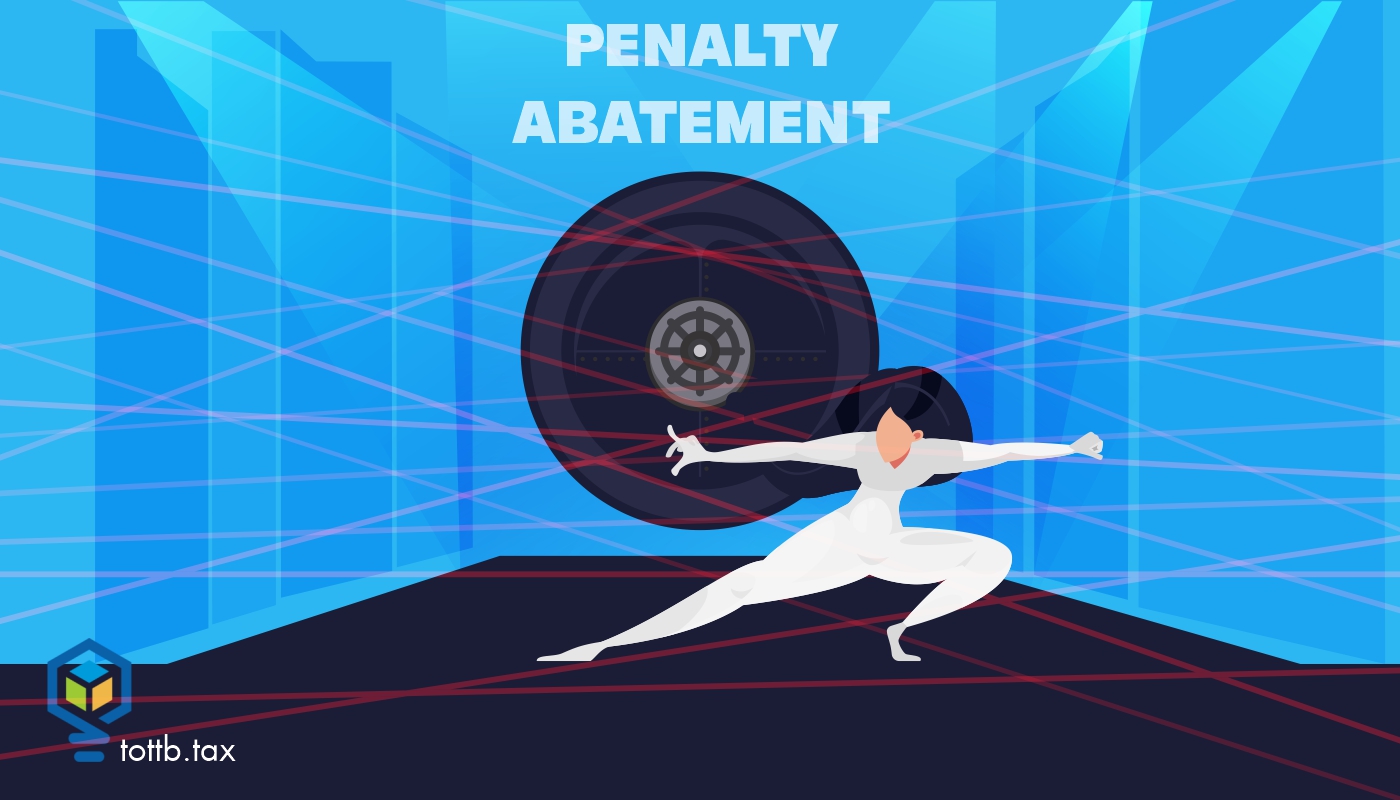Section 183, which limits or entirely eliminates deductions attributable to activities not entered into for profit, may be coming in for more attention from an invigorated IRS. Section 183 is commonly referred to, not without reason, as the hobby loss rule. Based on my extensive study of the case law, I believe that practitioners widely misunderstand 183. I have noted cases where taxpayers had not gotten a heads up from their adviser. More commonly there is a misunderstanding of 183(d), a presumption in favor of taxpayers that is rarely relevant at all, but which the agency can never use against them. Most important is the failure to appreciate that it is the objective of making a profit not the expectation that is necessary. With that in mind here are the most recent developments...

Editor’s Pick: Tax Planner Faces Malpractice Claims Over Decades-Old Tax Advice—What Went Wrong?
In a case that every tax professional should take note of, the prominent law firm Sidley Austin LLP finds itself defending against claims that it provided faulty tax advice over two decades ago, leading to massive IRS liabilities for a family. The plaintiffs, the Cáceres family, are seeking to recover $7 million after settling with the IRS, claiming Sidley’s advice on a complex asset liquidation set them up for disaster. The kicker? The lawsuit was filed over 25 years after the advice was given. So, how are the plaintiffs still able to pursue the case? It all boils down to a claim of fraud—and how that could toll the statute of limitations.






